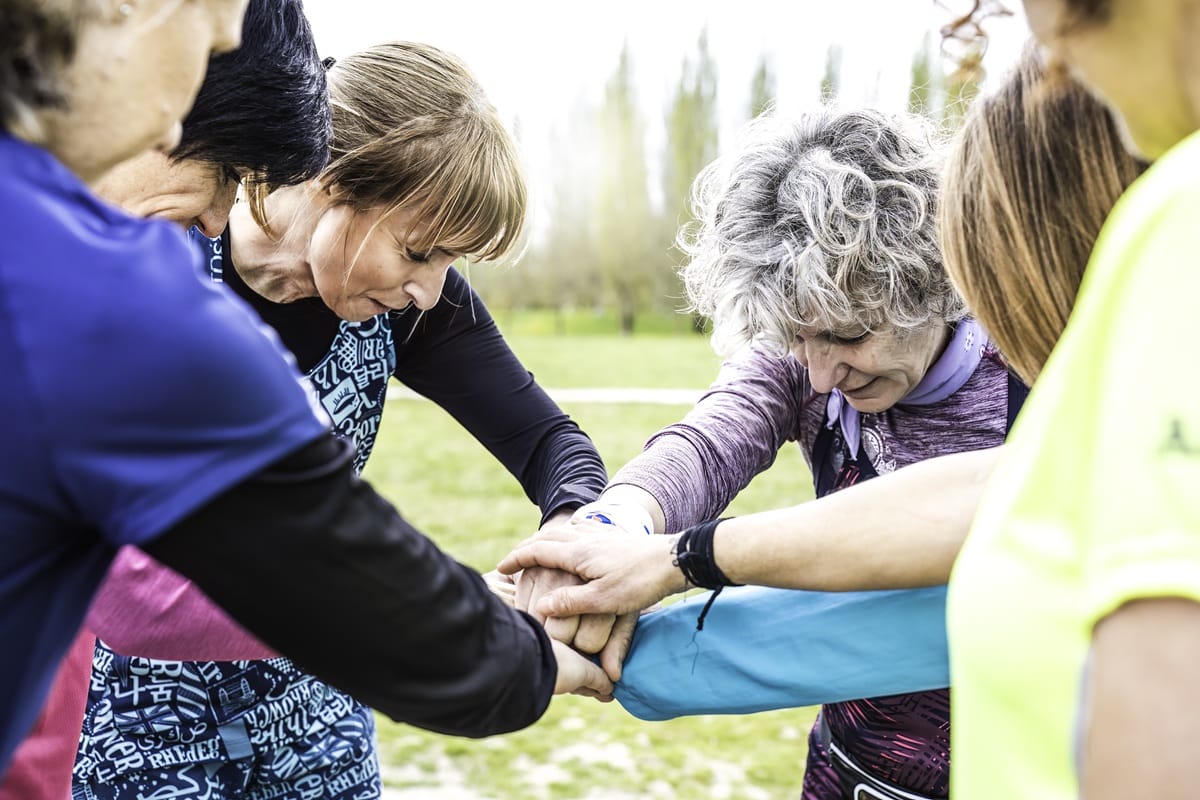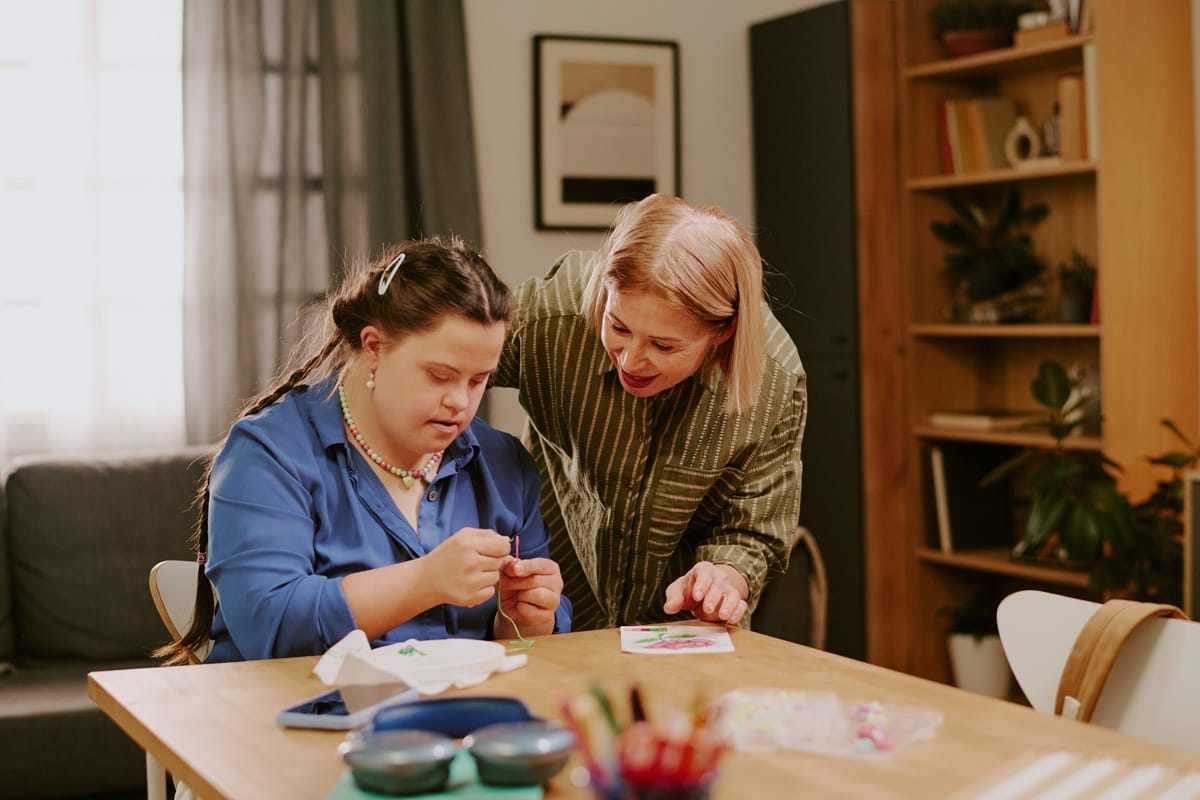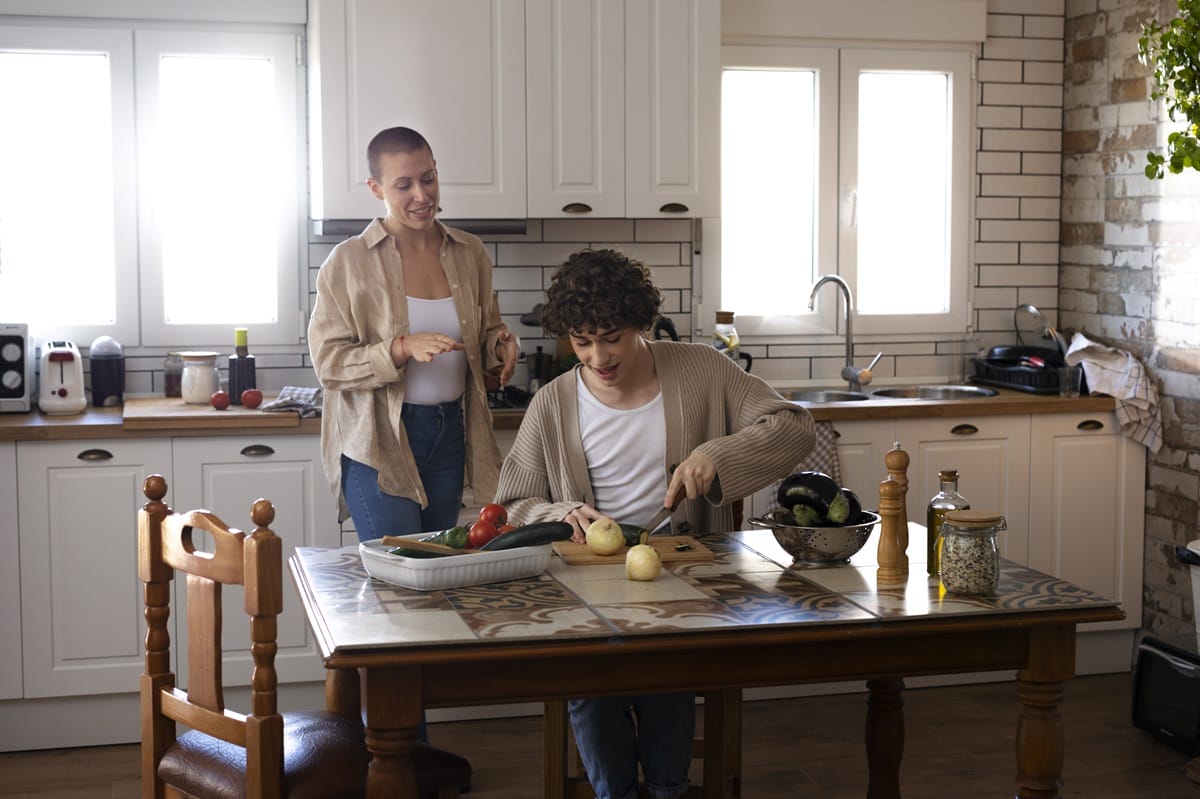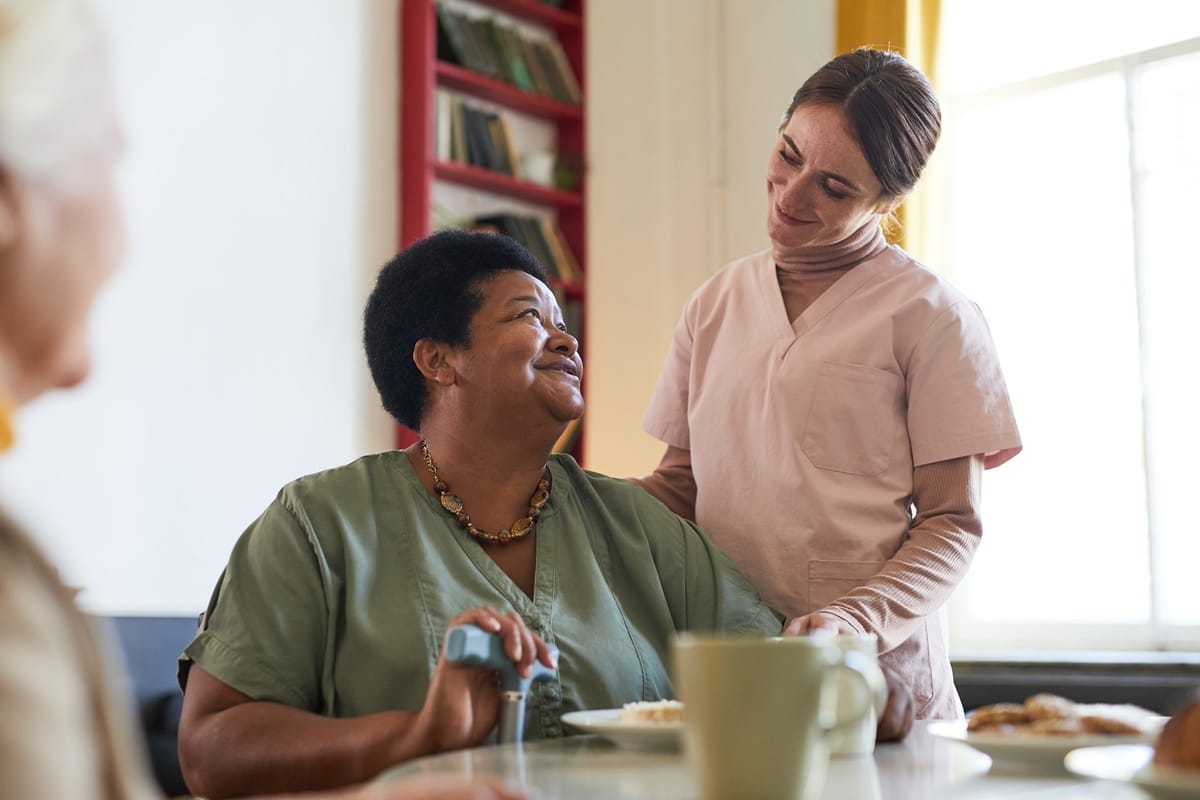Free and low-cost things to do with your support worker
When it comes to making the most of your NDIS supports, the possibilities can be as enjoyable as they are empowering. One of the best parts of receiving community participation, recreational support or social and recreational supports is the freedom to explore interests, build skills, and connect with others, all with the backing of a trusted support worker.
Whether you’re working towards a goal, developing a routine, or just looking for a little fun, there are plenty of free activities to do that can bring joy and purpose to your week.
Here are some thoughtful, no-cost (or low-cost) ideas for things you can do with your support worker, grouped by theme, and ready to adapt to your interests and goals.
Outdoors and nature: Enjoy fresh air and freedom

Getting outside is one of the simplest ways to improve your wellbeing. It can boost your mood, support mobility, and create new ways to engage with the world. It can also help reduce stress and improve your connection with the community.
Here are a few nature-based outings that won’t break the bank:
- Go for a beach walk or dip your toes in the shallows; many coastal paths have wheelchair-friendly access.
- Visit your local botanic gardens, where you can enjoy seasonal blooms and quiet walking trails.
- Explore a nearby nature reserve or lake, perfect for birdwatching, photography, or simply taking in the scenery.
- Pack a picnic and enjoy lunch in the park, a great chance to practise independent skills like planning, shopping, and prepping your meal.
These family-friendly outings don’t just offer enjoyment; they may also align with NDIS goals related to physical health, social support, or social and community participation. Learn more about the benefits of outdoor activities.
Arts and culture: Get inspired for free

Creativity and culture should be accessible to everyone. You don’t need to spend money to explore new ideas or express yourself.
Try these low-cost cultural experiences:
- Explore public art trails: Many councils offer maps or apps for self-guided tours.
- Visit free-entry museums or galleries: Local art galleries and community centres are great low-cost options.
- Attend local events or performances: Look out for outdoor concerts, community celebrations, or library-run exhibitions.
- Check out local street art: Use it as a chance to spark conversations and creativity while exploring your area.
These activities can also be a wonderful way to connect with social groups, expand your social network, and enjoy meaningful social and recreational activities with your support worker. If you’re interested in exploring your artistic side at home, St Jude’s also offers creative activities as part of our programs.
At home or indoors: Connect, create and unwind

Not every great day needs to involve going out. Sometimes, the most meaningful moments happen at home.
Here are some budget-friendly activities you can enjoy indoors with your support worker:
- Movie day: Pick a theme, make popcorn, and have a film marathon in your lounge.
- DIY crafts: Create art from items you already have around the house. Try cardmaking, upcycling jars, or painting together.
- Music sessions: Make a playlist, explore instruments (real or virtual), or try simple drumming exercises.
- Board games or puzzles: Great for building social skills, having a laugh, and enjoying casual social and recreational supports in a relaxed environment.
These activities also offer a supportive space for practising communication, managing emotions, and enjoying downtime in a safe environment. They can form a valuable part of your NDIS-funded disability support, depending on the type of support included in your plan.
Skill building on a budget: learn while you live

Some of the most empowering support happens when you’re learning something new. Many NDIS goals around independence, communication, and confidence can be supported through small, everyday learning moments.
Here are some ways to build skills without spending big:
- Join a free program: Think book clubs, tech help sessions, or language learning groups.
- Cook a new recipe together: From shopping to prepping, this builds independence and life skills.
- Attend community centre classes: Many offer free or low-cost sessions in fitness, craft, or digital skills.
- Set weekly challenges: Try a “skill of the week” approach, like learning to budget, using a new app, or planning an outing.
These activities support both skill development and learning new skills, while also strengthening your relationship with your support worker and encouraging personal growth.
Making the most of your NDIS plan
Many of these activities can be part of your NDIS-funded support if they relate to your personal goals. For example:
- Going to a free art class may align with goals around social participation.
- Taking part in a walking group can contribute to physical health and confidence.
- Cooking at home with your support worker might support your independent living skills.
Your support worker can assist you in exploring what’s possible, and if you need help connecting the dots, St Jude’s also offers support coordination to help you get the most out of your plan.
Support that makes life brighter

At St Jude’s, we believe the little things, like a walk in the park or learning something new, can make a big difference. With the right support, everyday moments can become meaningful, enjoyable, and even empowering.
Whether you’re just getting started with the NDIS or looking for ways to make your plan work better for you, we’re here to help. Our team will take the time to listen, understand your goals, and walk alongside you, at your pace, on your terms.
If you’d like someone in your corner who genuinely cares and can help you get more out of life (and your plan), get in touch with us today. We’re always here to discuss your needs and explore the support options that could work best for you.